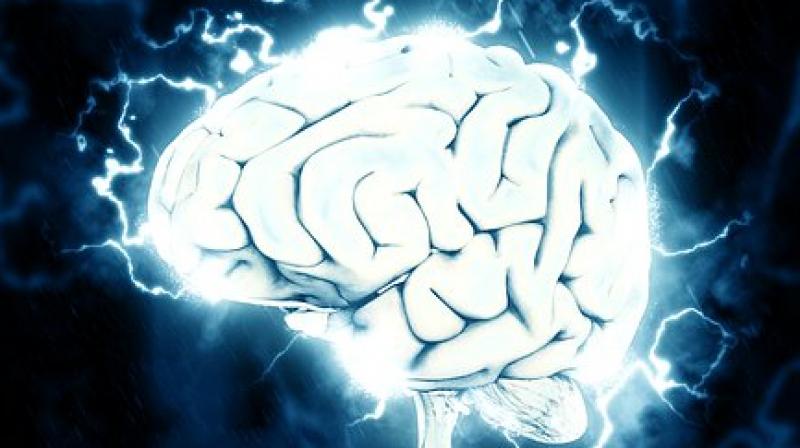Stimulating brain region can correct social impairments in autistic children
It establishes a more accessible target for brain stimulation than many autism-related neural circuits that are buried within the brain.

Scientists have identified a brain region that can be stimulated to correct social impairments in autistic children.
The research from the University of Texas (UT) in the US provides the first evidence that a specific part of the cerebellum, a region near the brain stem that has long been thought to only have roles in coordinating movement, is critical for autistic behaviours.
It also establishes a more accessible target for brain stimulation than many autism-related neural circuits that are buried deep within the brains folds.
"This is potentially quite a powerful finding. From a therapeutic standpoint, this part of the cerebellum is an enticing target," said Peter Tsai, from UT Southwestern Medical Centre.
"And although neuromodulation would not cure the underlying genetic cause of a persons autism, improving social deficits in children with autism could make a huge impact on their quality of life," Tsai said.
The research, published in the journal Nature Neuroscience, utilised neuromodulation to demonstrate that humans and mice have parallel connections between specific domains within the cerebellum and cerebral cortex that have been implicated in autism studies.
Subsequent phases of the study showed that disrupting the function within the cerebellar domain resulted in autistic behaviours and that brain stimulation corrected social impairment in mice.
The next step is to ensure the same technique would be safe to conduct on children. Although doctors have safely applied cerebellar neuromodulation to disorders such as schizophrenia, it has not been studied in children with autism.
"This area of the brain has not received the attention it deserves in regards to understanding autism," said Tsai.
Most of the focus of autism research has been on the cortex, a region of the brain associated with cognition, he added.
"Our findings have prompted new thoughts on how the cerebellum may be involved in autism and most importantly suggest that the cerebellum could be a therapeutic target for treatment," said Tsai.

